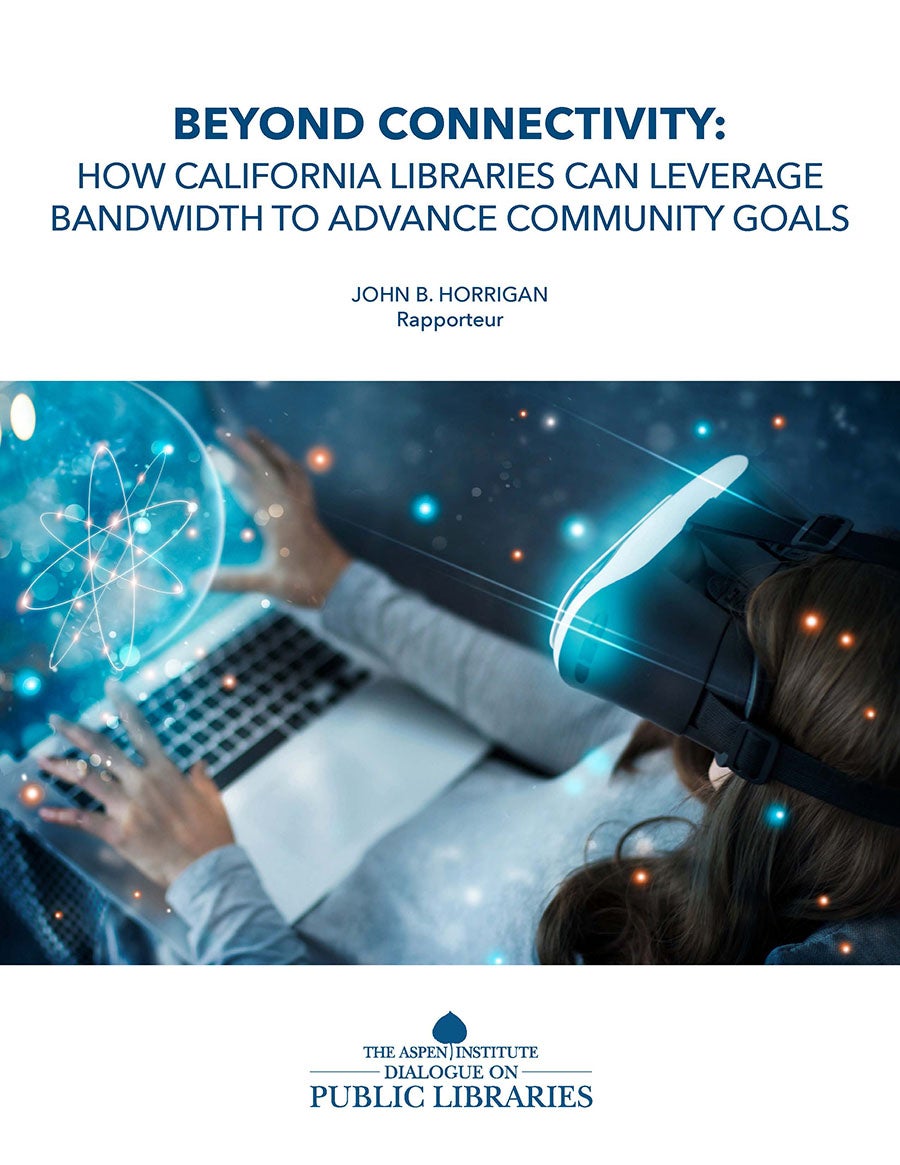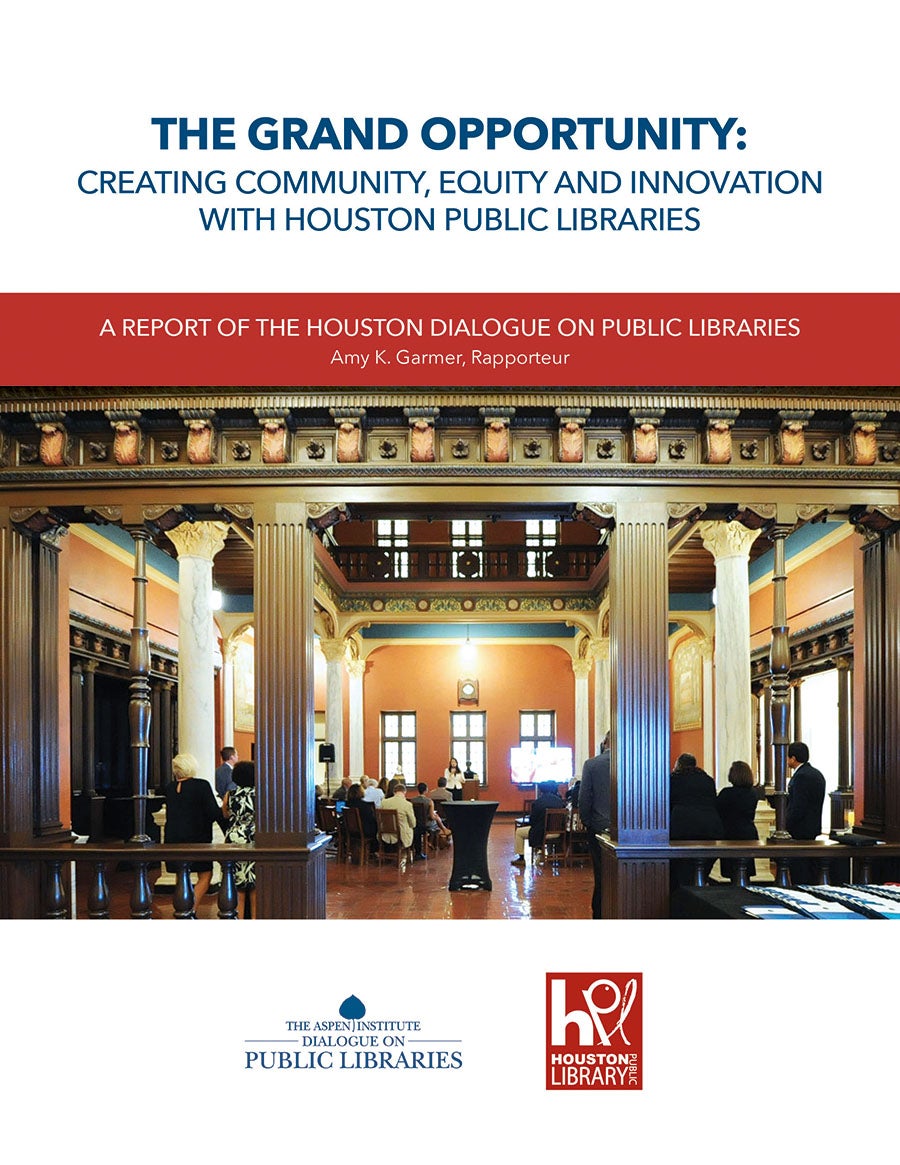Digital literacy is no longer a choice; access to high-speed Internet is essential for Americans to do everything from finding a job, to applying for college, to gaining health care coverage. Yet according to a recent analysis by the Pew Research Center, 5 million households with school-aged children still do not have access to high-speed broadband at home.
Cities understand the vital importance of providing broadband access to our residents in our libraries. For many low-income households — a disproportionate number of which are black and Hispanic — libraries provide the only source of access to computers and the Internet. To bridge the digital divide, libraries are often the only provider offering free and equitable access to all the tools and resources that the Internet provides.
Broadband access has never been more important for our residents. Cities are embracing civic innovation more than ever before. Open data platforms are making information from city governments more accessible and useful. The private sector is embracing civic technology and we are seeing new apps that can do everything from connecting users to public health services to improving 911 response.
Our future depends on making sure that the children in those 5 million households won’t be left behind as urban spaces evolve into cities of the future. Libraries have always been keepers and curators of the world’s knowledge, and today are utilizing technology to democratize access to information in ways that were unthinkable even two decades ago. As libraries align their offerings in service to these goals, cities must continue to support and nurture their libraries to ensure that all of their residents have the same opportunities to succeed in a digital world.
Clarence Anthony is executive director of the National League of Cities.

